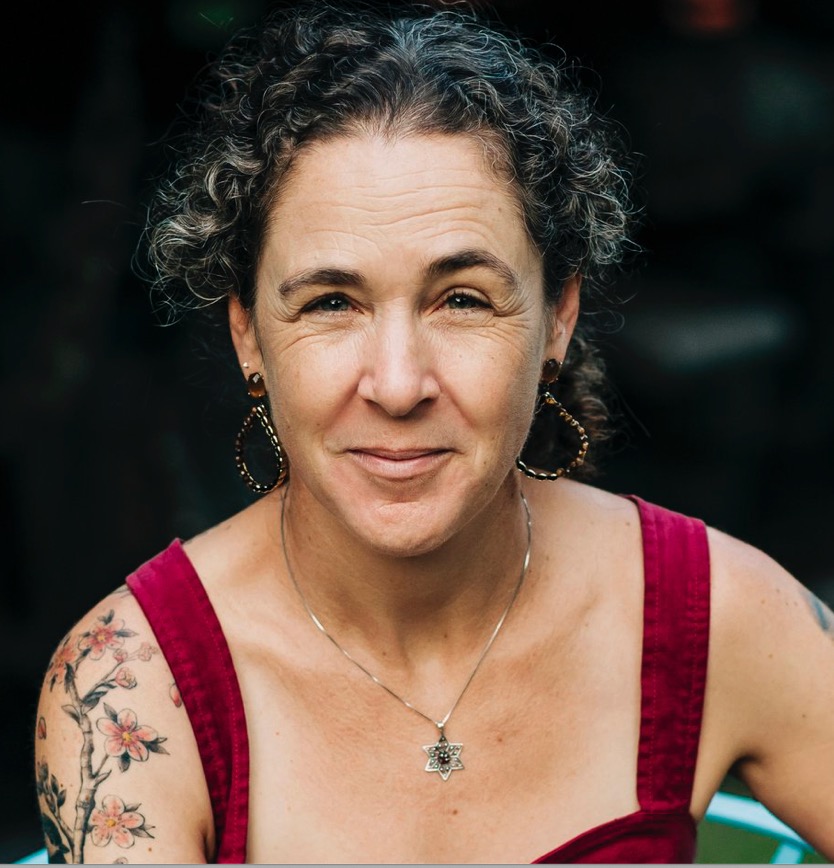Opinion: Distorting the Language of Social Justice

Photo: istock
I continue to be so disheartened by a focus on “harm” that has nothing to do with the trans students who experienced harm in our schools.

I don’t think it’s naive of me to ask, why isn’t our shared, collective priority to listen to and center the voices and experiences of CHILDREN? Why are calls from staff and teachers who tried to help these children met with skepticism?
I was unable to attend the Thursday, July 6 virtual Regional School Committee meeting, in part because I didn’t know about it until a few hours before.
I find it painful and ironic that the parents, teachers, administrators, and community members who submitted public comments are defending and protecting Mike Morris while saying calls for accountability are teaching our children “blame, reactivity, and scapegoating.”
One of the writers also says, “This can be an opportunity to teach them to pause, interrupt harm, listen, gather facts, respond, and repair.”
This language is a form of silencing.
It paints people like myself who are unapologetically, unwaveringly focused on the vulnerability of LGBTQIA+ kids and those in our schools who tried to support them only to be ignored, dismissed, and otherwise thwarted by district leadership as reactive.
When I first spoke up about this issue in April, I quickly received offline messages from community members expressing concern about my calls for greater transparency from the school committee. The implication was, everyone here is good at heart, working hard, and deserves the benefit of the doubt.
I made time to speak with people offline, as I remain extremely concerned about social media becoming a place that only serves to further polarize. I deeply want to listen and be heard.
In these conversations, what I experienced was, effectively, a surreal kind of lecturing, one that very much echoes the calls in this past week’s public comments: “This can be an opportunity to teach them to pause, interrupt harm, listen, gather facts, respond, and repair.”
This sounds good, right? A world where we practice these things and teach them to our children would be, one would imagine, a world where harm is less likely to occur in the first place, and is properly addressed when it does.
However, language like this is also deceptive. By sounding thoughtful, reasonable, caring, and measured, it subtly (or perhaps not so subtly) suggests that more urgent responses to reports of harm are somehow “reactive” and in some way, perhaps, untrustworthy or unhinged.
It is the language of White supremacy. It is the language of heteronormativity. It is the language of power. It is language that has shapeshifted through American history to undermine those who are angry, hurt, and asking to be heard, acknowledged, and respected.
Under the meticulous and skilled guidance of one of Amherst’s best teachers, the students in Sara Barber-Just’s journalism class conducted a painstaking and thorough investigation. Their findings left me and others in tears.
The party line is that there are legal reasons for waiting for the “official” investigations to conclude before making determinations about Doreen Cunningham and Mike Morris. But the refusal to confront the obvious failings of our district leadership and to make excuses for them, i.e. “nobody is perfect,” is so troubling.
A small number of folks in our community is painting a picture that there is some kind of unfounded, rushed call for accountability, and that those of us who continue to speak to that are in some way “blaming and scapegoating.”
The seven written public comments submitted for Thursday’s meeting were all essentially the same letter; clearly the writers were customizing some key talking points.
I am sitting here, every time I write, and reaching into my heart, casting as wide and inclusive a gaze as I can, and seeing what I come up with. And what I’ve come up, time and again, over the past nearly three months now, is this: students in our schools experienced harm, at the hands of staff and fellow students.
This harm took many forms, which I will not reiterate as they have been meticulously reported; one only need reread the original Graphic article, the quality of which was professional enough to be picked up by New England Public Media and the Boston Globe.
I am writing with a plea to fellow Amherst parents and community members: You say let’s listen to each other, let’s gather facts, let’s respond and repair.
We are saying the same things with wildly different interpretations.
Who are we listening to?
What facts are you waiting for?
How is calling for accountability not responding and repairing?
Are you looking to “repair” the reputation of a district leader who has done much good for our community AND who also failed to respond over YEARS of anti-LGBTQIA+ actions in our schools?
What about the kids?
What about the kids.
Jena Schwartz is a writing coach, editor, and author of three books. Her poetry and essays have been widely published, and she has served as Poet in Residence at the Jewish Community of Amherst.

Rather than merely echo Jena’s deeply affecting and most necessarily confrontative set of challengingly questions, I am earnestly asking readers here to join in this dialogue.
Her asking about “repair” ( while obviously no word from “defenders” mentioning accountability or consequences)
INVITES reflection and thoughtfully well considered responses-
This seems like a really useful forum for such exchanges ?
Thank you for your words, Jena. I could not have said it better myself. I had the same appalled reaction to these letters from the last school committee meeting, overflowing with concern for Mike Morris but not the CHILDREN harmed? I just don’t understand where people’s priorities are. In our school district and in our community, their needs and wellbeing should always be priority #1. Shame on the people who wrote those letters.